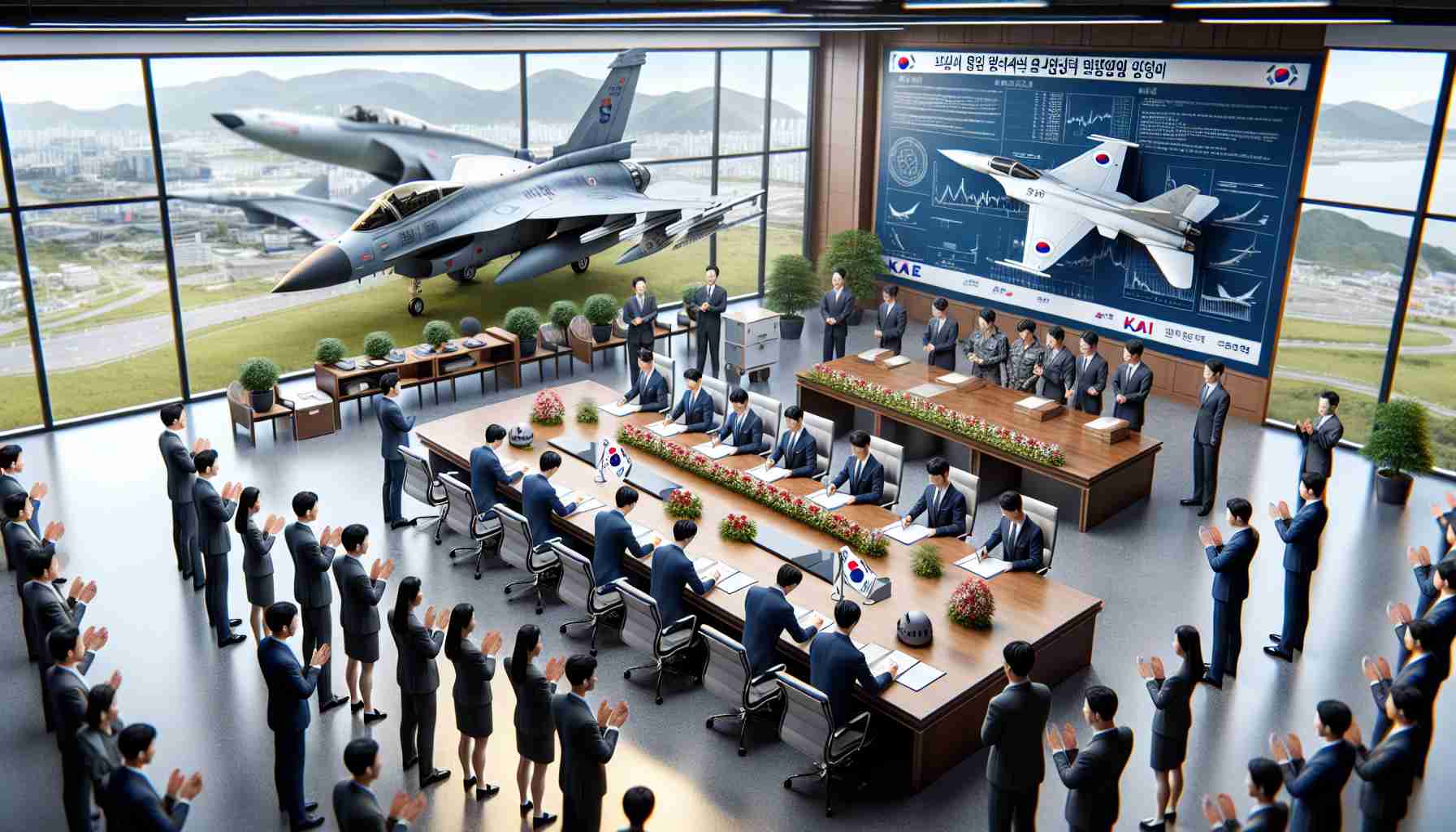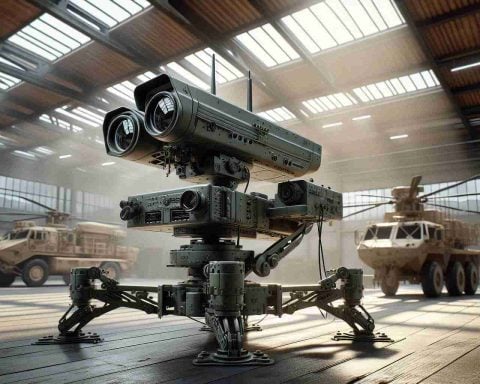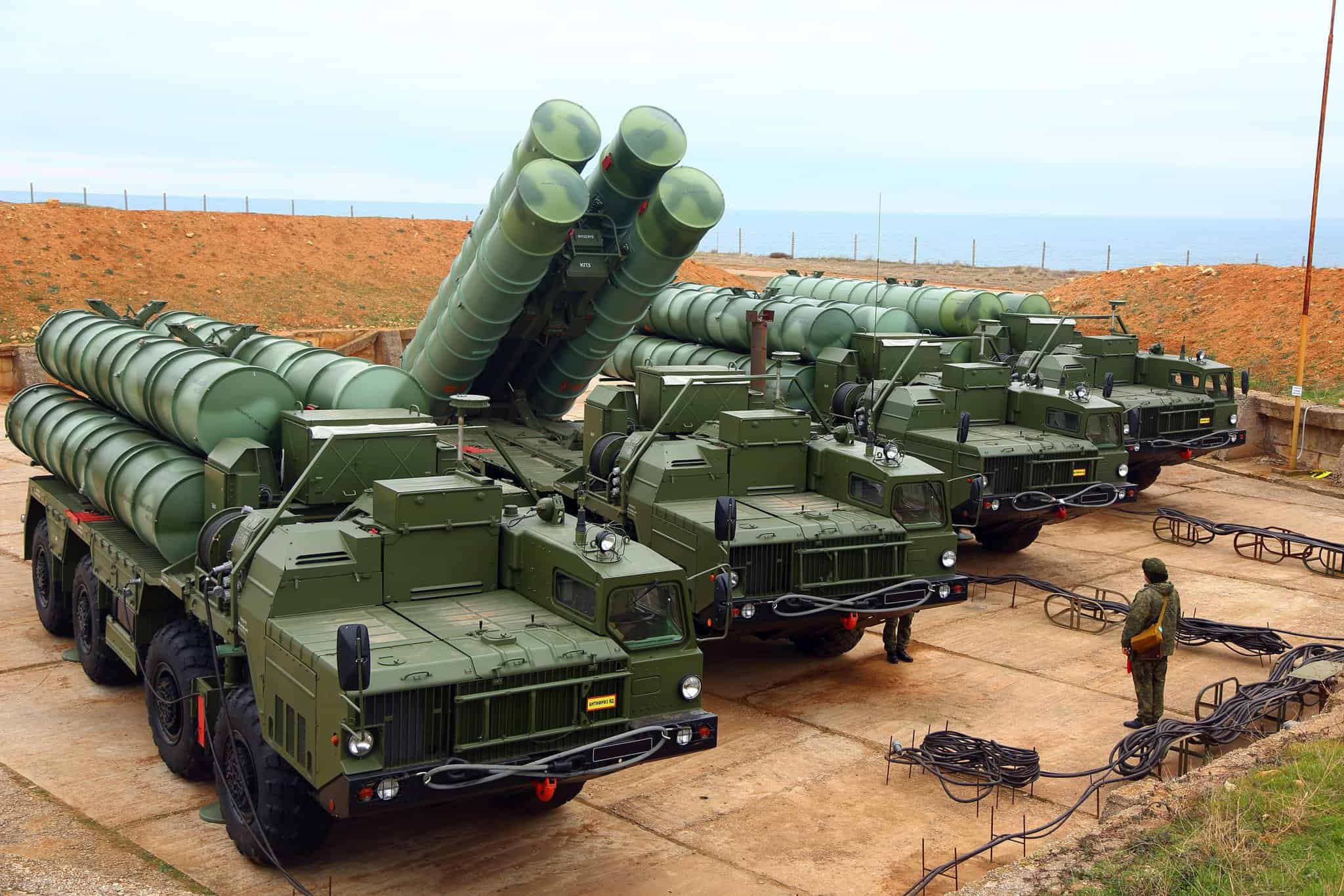Korea Aerospace Industries (KAI) has ushered in a new era for South Korea’s defense capabilities. On December 9, KAI made a significant announcement regarding a contract with the Defense Acquisition Program Administration (DAPA) to provide logistics support for the KF-21 fighter jet, marking a pivotal step in the nation’s military advancement.
A Substantial Agreement
The agreement, valued at 124.3 billion won (approximately $95 million), is set to span three years, from December 2024 to December 2027. It focuses on implementing a Performance-Based Logistics (PBL) system. This system is designed to maximize the operational readiness of the KF-21 by ensuring the efficient availability of repair parts and maintenance services. By aligning KAI’s incentives with their performance, the system aims to enhance the reliability of the aircraft and reduce costs.
Enhancing Air Power
KAI’s President Kang Koo-young emphasized that the collaboration establishes a comprehensive support framework for all KAI-manufactured aircraft. The KF-21 is highlighted as a crucial component of South Korea’s future air power, with KAI leveraging its extensive experience in logistical support to ensure the jet’s optimal performance.
Steady Progress
Already undergoing rigorous test flights, the KF-21 has achieved 1,000 accident-free flights, reaching the halfway mark of its required 2,000 flights. Since its development commencement in 2015, the project is on track for completion by June 2026, when the first jets are expected to join the South Korean Air Force.
South Korea’s KF-21 Fighter Jet: Future Innovations and Strategic Importance
South Korea is making significant strides in bolstering its defense capabilities, centered on the advanced KF-21 fighter jet. Recent developments not only emphasize strategic partnerships but also shed light on the broader implications for the nation’s aerospace endeavors and defense strategies.
Future Trends and Predictions
The KF-21 is designed to enhance South Korea’s military capabilities, with predicted developments indicating the integration of cutting-edge technology. As global defense dynamics evolve, the KF-21 is anticipated to incorporate artificial intelligence, advanced stealth features, and autonomous systems, marking it as a formidable asset in aerial warfare.
Innovative Performance-Based Logistics System
The contract between Korea Aerospace Industries (KAI) and the Defense Acquisition Program Administration (DAPA) introduces a Performance-Based Logistics (PBL) system. This innovative approach aligns KAI’s maintenance incentives with their performance, optimizing operational readiness and cost efficiency. It is a model that could set a precedent for future defense contracts globally.
Comparisons with Global Counterparts
In comparison to its global counterparts, the KF-21 is strategically positioned between fourth and fifth-generation fighters. It offers advanced capabilities akin to U.S. F-35s and Russian Su-57s but with cost-effective logistics and maintenance opportunities, potentially making it an attractive option for international markets.
Insights into Market Expansion
With ongoing developments, the KF-21 is expected to capture a significant share in the international defense market. Emerging trends suggest potential collaborations with Southeast Asian and Middle Eastern countries, leveraging geopolitical alliances to open new avenues for export and military collaboration.
Sustainability in Aerospace
KAI’s emphasis on sustainability is noteworthy, as they aim to incorporate eco-friendly materials and processes in the KF-21’s production. This approach not only reduces environmental impact but also aligns with global trends towards a more sustainable defense industry.
Specification Highlights
The KF-21 boasts impressive specifications, including advanced avionics, superior maneuverability, and a robust weapons system. Its twin-engine configuration and stealth technology enhance its combat effectiveness, positioning it as a critical component of South Korea’s future military strategies.
Strategic Defense Implications
For South Korea, the KF-21 represents more than just advanced technology; it symbolizes a strategic leap in defense autonomy and regional military influence. As Korea seeks to balance regional power dynamics, the KF-21 will play a crucial role in national defense and as a political deterrent.
For more insights into aerospace advancements and defense strategies, visit the official Korea Aerospace Industries’ homepage.
















